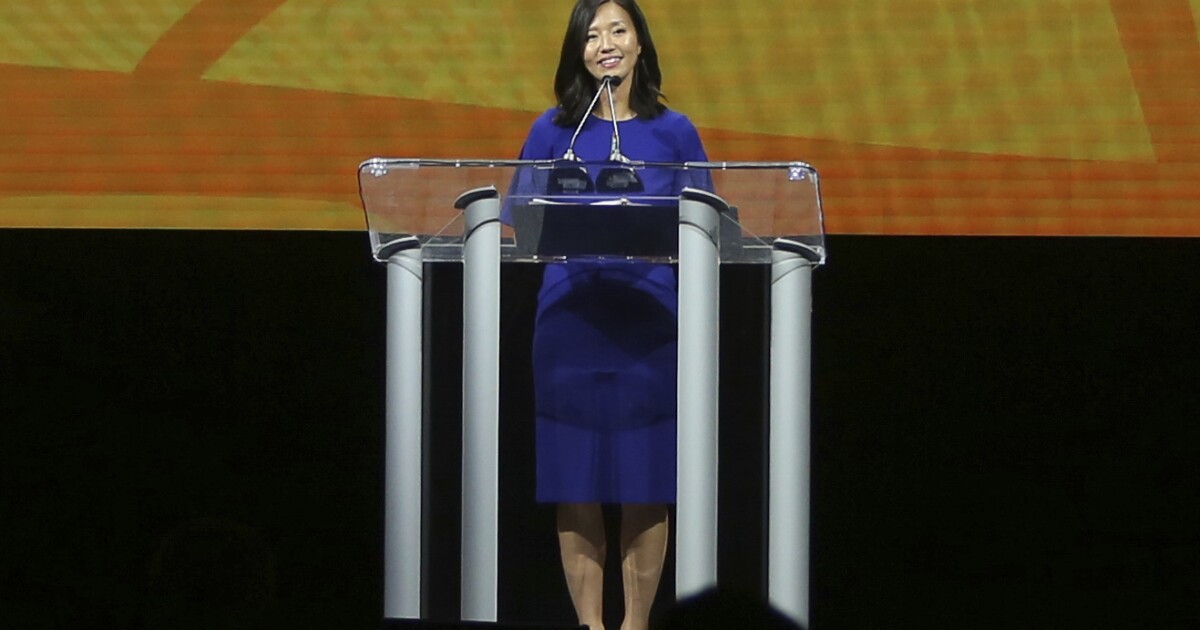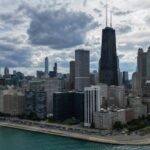

Boston police now have the power to remove tents and makeshift shelters at a well-known encampment for the homeless community that is sprawling with drug use and other criminal activity.
The Boston City Council passed Democratic Mayor Michelle Wu’s rule last week, aiming to clear the intersection of Melnea Cass Boulevard and Massachusetts Avenue, known as “Mass and Cass.” Police are allowed to sweep the area as long as the person living in a tent is offered a place to shelter, and temporary storage must be provided for people’s belongings.
COURT CHALLENGES TO KEEP TRUMP OFF 2024 ELECTION BALLOTS BEGIN IN TWO STATES
Police officers, city officials, and others began working on Monday to clear about 75 tents, moving about 90 people into shelters as part of a three-day clearing, according to WGBH. According to city officials, the plan will be conducted over the next month and cost $439,000, and over a dozen officers will be assigned to the area.
Boston’s famous intersection has been a hot spot for the open-air illicit drug market for years, with opioid overdose deaths on the rise. Lawmakers and officials have struggled to address the problem, including a city-sanctioned sweep in 2022. The city brought in bulldozers and dump trucks to clear hundreds of tents, but they popped up again shortly after.
Now, Wu has successfully begun enforcing the zero-tolerance encampment protocol again, following weeks of debate from the City Council. The ordinance passed in a 9-3 vote and removed an initial $25 fee for violating the ordinance in place.
Councilman Ricardo Arroyo, who voted against the changes and proposed the removal of fines along with other amendments, said that “the sweeps and clearing of encampments have failed in every single city that has attempted this,” according to WBUR.
CLICK HERE TO READ MORE FROM THE WASHINGTON EXAMINER
Lu defended her measure at a press conference following the vote, noting many people in the area are looking to buy and sell drugs.
“We know that the majority of people on Atkinson Street on any given day do not live there and have housing,” Lu said. “Some are seeking services, but many are there to buy and sell drugs. And many are taking advantage of our residents who are struggling with mental health, homelessness and substance use. As a result, we’ve seen an increase in violent incidents and trafficking, all of which are concealed and made more challenging to address by structures like tents and tarps.”





